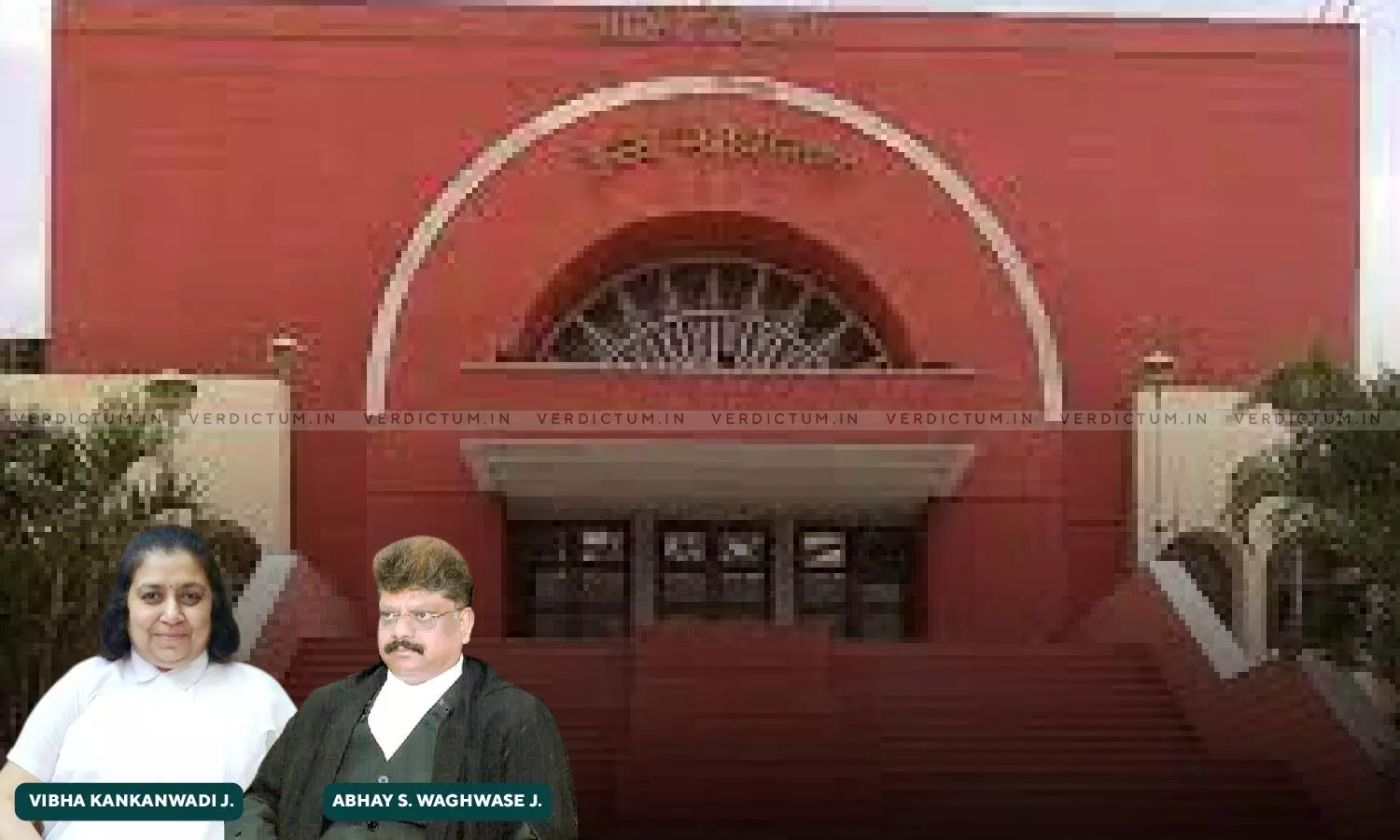
Question Of Ossification Test Would Come When Girl Is On Borderline: Bombay High Court Confirms Victim As 'Child' Under POCSO Act, Upholds Conviction
 |
|The Bombay High Court upheld the conviction of the accused under Section 4 of the Protection of Children from Sexual Offences Act, 2012 (for short “POCSO Act”), under Section 376 (1)(2)(i), 341, 506 of Indian Penal Code. The Court held that the victim's age was established through her primary school leaving certificate. Although there was no additional supporting record from her earlier school, the Court considered the margin of four years and concluded that she fell within the definition of a "child" under Section 2(d) of the POCSO Act. The victim, a 14-year-old girl, was assaulted by the accused.
A Division Bench of Justice Vibha Kankanwadi and Justice Abhay S. Waghwase said, “There was no ossification test conducted in this case, however, this question would come when the girl is on the border line. When there is still margin of four years, it cannot be said that the girl was not a “child” as defined under Section 2(d) of the POCSO Act.”
Advocate Pradeep K. Palve appeared for the appellant and Advocate A. M. Phule appeared for the Respondent.
The appellant contended that the trial judge did not properly appreciate the evidence and raised concerns about the delay in lodging the FIR. The appellant also questioned the victim's identification of the accused and pointed out alleged inconsistencies in her statement. Additionally, the appellant argued that the medical evidence did not support the prosecution's case.
The Court carefully examined the evidence, focusing on the victim's testimony. The Court found the victim's statement credible and consistent, noting that she had provided a detailed account of the incident. The Court also considered the medical evidence and the spot panchanama, which corroborated the victim's testimony. The Court added, “Even if for the sake of arguments we take that the medical evidence is not supporting the prosecution, still we will have to apply the rule that in case of variance between the ocular and the medical evidence, the ocular evidence would prevail and as aforesaid, the evidence of the victim is consistent.”
The Court rejected the appellant's arguments regarding the delay in lodging the FIR, emphasizing the victim's age and state of mind. The Court noted that according to school records confirmed her status as a minor at the time of the incident. During cross-examination, it was highlighted that the victim's birth certificate was not reviewed during her admission to the 5th standard.
In this context, the Court referred to the Supreme Court's decision in P. Yuvaprakash Vs. State, where the importance of specific documents for determining a person's age under the POCSO Act was emphasized. It was said that in the absence of these documents, age determination could be done through an ossification test or any latest medical age determination test, as per Section 94 of the Juvenile Justice (Care and Protection of Children) Act, 2015.
Regarding the victim's identification of the accused, the Court found the identification credible, even though the victim did not know the accused's name. The Court added, “A witness may not be knowing name of the accused, but thereafter with the description or some other particulars like relative of somebody to whom the witness is knowing or would have seen residing in a particular place are the criterias with which the identity can be established.”
The Court highlighted that the incident occurred in broad daylight, allowing the victim ample time to recognize the accused. The Court said, “Her identification before the Court i.e. in the substantial evidence carries importance. No doubt, in her statement under Section 164 of the Code of Criminal Procedure, she has not stated the name of the accused, but at that time, the accused was not before the girl and, therefore, the identification is important, rather than the name.”
The Court further said, “We can understand that she was aged 14 years at that time and would have felt embarrassed to tell some facts. It is rather the failure on the part of the investigating officer to get the proper statement of such victim. In such cases, the investigating officer should make the girls comfortable and then try to take the statements.”
The Court also addressed the appellant's contention about the absence of enmity between the victim and the accused, concluding that there was no reason to doubt the victim's testimony. The Court held, “Taking into consideration the testimony of all the witnesses, we are of the opinion that the prosecution had proved that the accused was the person who had ravished the victim, who was minor and there is absolutely no perversity in the conclusion arrived at by the learned Trial Judge.”
In the absence of any merit in the appellant's arguments, the Court dismissed the appeal and upheld the conviction of the accused.
Cause Title: Sunil v. The State of Maharashtra, [2023:BHC-AUG:21330-DB]
Click here to read/download Judgment